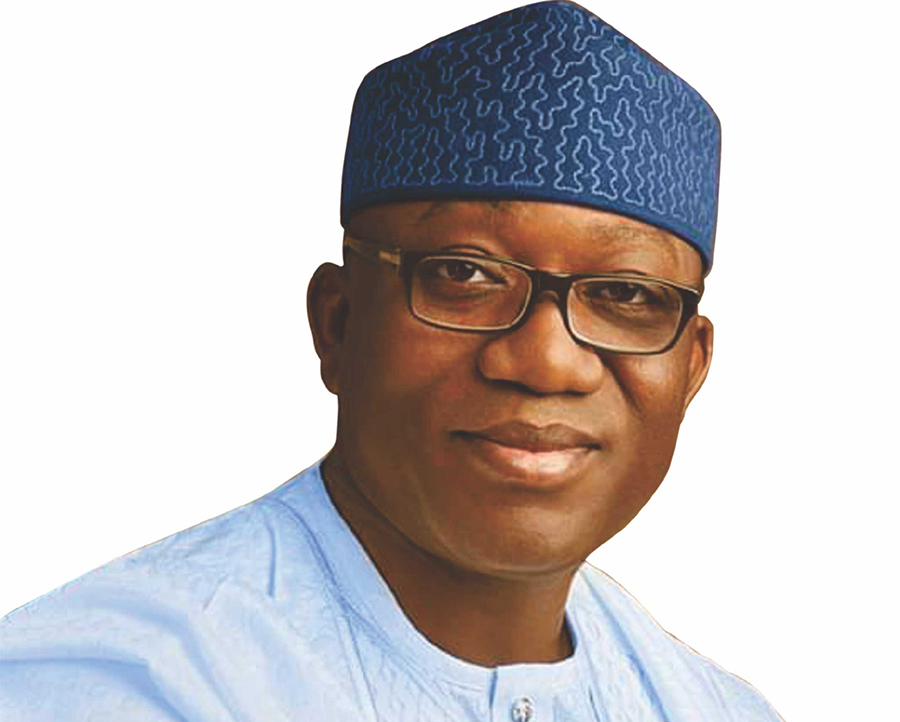Ekiti state government has concluded plans to create a digital hub, with the laying of a 606-kilometer broadband infrastructure.
The project is expected to lift the state from 16% internet penetration to 90% and is estimated to be worth N5 billion, with the Federal Government contributing N1.1 billion of the total sum.
Digital economy: Ekiti to lay 606km broadband infrastructure – https://t.co/Ot67wFn6yL pic.twitter.com/ligXcgeQDM
— Government of Ekiti State (@ekitistategov) May 24, 2020
This plan is part of the memorandum of Understanding (MoU) which the state Governor signed with O’odua Infraco Resources Limited, a consortium that develops high speed and efficient Fibre Optic Cable (FOC) Open Access Network (OAN) across the South-West region of Nigeria.
According to the Managing Director of O’odua Infraco Resources Limited, Mr Sammy Adigun, the project will be officially flagged off in October and completed within 14 months.
(READ MORE: What Nigeria stands to gain from new National Broadband Plan)
This decision is a follow-up to the recent crash of Right of Way charges from N4,500 to N145 per meter for broadband infrastructure, and in line with one of the five pillars of Governor Kayode Fayemi’s development plan for Ekiti state.
The Governor noted that these decisions would help generate healthy competition within the ICT sector, thus activating Ekiti state’s digital economy and digital education.
Fayemi noted that the project execution, as well as the broadband policy in the state would be coordinated and supervised by a Digital Infrastructural Committee, made up of various relevant government institutions critical to the implementation of the project.
READ MORE: NCC, Infracos to boost broadband infrastructure with N265 billion
“For us the roadmap is first the fibre connectivity itself, the second is the adequate data center infrastructure, the third is the e-learning programme which will cover our educational institutions, then our safe city, our security programme will also be included.
“With our geographical land information system (GIS), we would digitalize all our land records, and of course, commercial investment as well as digitalisation of our government assets and our health education initiative,” Fayemi explained.












